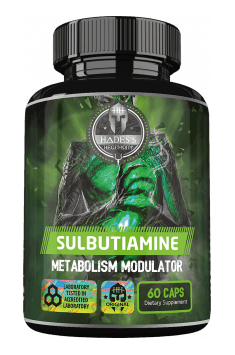Vitamin B1 is called thiamine and is one of the B vitamins, soluble in water, which was discovered already in the 19th century. It is the basis of the daily diet, and its shortages can be very serious consequences. Its main task is to support the proper functioning of the nervous system, as well as the heart and muscles.
Actions of thiamine
The actions of this vitamin in the body are extremely universal. First of all, it affects the work of the nervous system, supports the work of the cardiovascular system, plays a big role in the immune system. It has antioxidant properties. It also takes part in the metabolism of carbohydrates and alcohol. Vitamin B1 takes part in the synthesis of nucleotides. It stimulates the appetite, so it is a very good solution for people with eating disorders. Finally, it affects the growth and development of the body.

Optimal dosage of thiamine
Thiamine is found among others in pork, offal, fish, groats, brown rice, yeast, oatmeal, as well as in sunflower seeds and red lentils. Smaller quantities of it can also be found in many fruits and vegetables. When it comes to supplements, it's worth taking them according to the manufacturer's instructions on the preparation.

Deficiency of vitamin B1
Deficiency can cause, among others, muscle aches and cramps, problems with memory and concentration, constant fatigue, weakness and, consequently, depression. There may be swellings on the lower and upper limbs, loss of appetite and muscle mass, decrease in libido and enlargement of the myocardium, simultaneously with the accelerated work of this muscle. The shortage is exposed primarily in older people, drinking too much coffee, tea and alcohol, as well as people living in constant stress, athletes and people in excessive physical activity or mental efforts. In the case of long-term deficiency, nerve and muscle palsy, as well as disturbances of the peripheral nervous system may occur. Often nystagmus and beriberi disease also occur.
Vitamin B1 overdose
Rarely can there be excess thiamine in the body because its excess is excreted in the urine. However, if this happens, the main problem is hypersensitivity and skin allergies, muscle twitching, cardiac arrhythmias and dizziness.
An interesting fact among supplements containing vitamin B1 is Apollo's Hegemony Sulbutiamine. It is a derivative of vitamin B1, which has the ability to cross the blood-brain barrier. It is used in the case of chronic fatigue and deterioration of brain functioning (memory and concentration). It also improves regeneration and increases energy levels. Sulbutiamine also has a positive effect on the functioning of the nervous system. You can read more about this here.






